|
|
||
|
Pro Tools
FILMFESTIVALS | 24/7 world wide coverageWelcome ! Enjoy the best of both worlds: Film & Festival News, exploring the best of the film festivals community. Launched in 1995, relentlessly connecting films to festivals, documenting and promoting festivals worldwide. Working on an upgrade soon. For collaboration, editorial contributions, or publicity, please send us an email here. User login |
Berlinale 2015 Interview: Justin Kelly for I am Michael
Justin Kelly - I am Michael, 2015 US - Interview
Justin Kelly is an American writer and director, who has mainly directed music videos before entering the film industry with several short films. I am Michael is his first feature film that premiered at this year’s Sundance Film Festival and it was part of the Berlinale Panorama. The film tells the story of a gay activist and writer, who suddenly turned to religion, developing a theory against homosexuality and is starring James Franco, Zachary Quinto and Emma Roberts.
What intrigued you most about Michael’s story in order to make a film about it?
Well actually it all started with Gus Van Sant, who first read the story when it got published at the New York Times. He found it very inspiring and he suggested it. We've all seen the stories about closeted pastors that come out eventually but this was so unique as it was exactly the opposite. Gus also suggested James (Franco) for the part of Michael.
James Franco is extremely comfortable playing a gay character. Did you do any preparations in terms of how he should approach it?
James has played a gay character before, but I think here he felt it from the first moment as he liked the script very much. I think everyone was really excited about the film since the very beginning and that’s why it worked out pretty well. But with James, I really didn't have to explain a lot, he was picking up everything really quickly; there were times for example telling him to stand at the bar and undress with his eyes the guy he was observing and he was immediately responding from the first take.
Did you strictly follow a script or most of it just came together after the shooting process was completed?
Well, it was a bit of both actually. I reworked the script many times, because for example at some point I came to the realisation that the most important part is to portray their (Michael and Bennet’s) emotional breakdown and I started interviewing more people, doing more research. But, at the same time we had a tight schedule with 19 days of filming in total, which didn’t allow us a lot of flexibility. So if we were on a spot we were completing all the scenes that were meant to be shot there before moving along to the next place - so, yeah, we were jumping a bit back and forth and I couldn't always combine scenes that I wanted to.
How was it working with James and Zachary?
I was lucky to work with such accomplished actors, they were both great. There were times that they had to switch totally their mood and emotions for the next scene, having just 10-15 minutes in-between to sit down and talk it through before moving ahead. We also changed a lot of things on the way - when during the rehearsal something didn't feel right we would just scratch it out or change so that it could fit better to the actors and the scene.
Considering the fact that most of the gay people believe there isn't a perfect homosexual relationship and that it’s very hard to maintain one, do you think that this thought might have been one of Michael’s incentives to make a decision and turn into religion leaving his past as a gay activist behind?
Oh, that’s tricky. There a lot of theories coming up all the time and I always feel conflicted. This is somehow connected to Michael’s queer theory that there isn't such thing as gay identity; that it doesn't matter if you're born gay and you should reject it; and this on the other hand can be used by a certain government that is against homosexuality, which could turn and say “hey, the Americans promote that there is no such thing as homosexual identity” so if you ‘choose’ it, you just decide, in their case, to die. But on the other hand I don't believe that Michael and Bennett saw their relationship as problematic. They were together for ten years and everyone surrounding them described them as the dream couple - madly in love, they even shared a wallet!
In the end of the film, Michael calls Bennett, and although he persists on having made the right choice, there is still some doubt in his voice. Do you think that after so many years of giving up his nature for faith, the first is still alive deep down?
It is interesting because even six months before the filming process started, I made big changes to the script. And this is because when I remember talking to him and he was so anti-gay and convinced about doing the right thing; then the next conversation we had, he was somehow feeling guilty, he was reaching out to some of his Buddhist gay friends apologising for his behaviour. Also I could see something shifting in him every time I was going back to ask about his past. When I first met him he appeared as a proper Christian priest with his bible and everything; then we went for a coffee and when I started talking about Bennett and the dog they owned together, his demeanour totally changed, he suddenly became more relaxed, more free. So thats why I added the last scene with the phone call, where Michael seems to still have feelings and doubt can be sensed in his voice.
Did you manage to have a conversation with Michael’s wife? What were her thoughts, is she concerned at all that he might change his mind and face his past again?
No, she is not afraid at all actually; It sounds crazy, but it wouldn't make any difference to her if he was a former drug-addict or an alcoholic. She believes he was cleansed after he believed in God and he was reborn. Also, since their love is real and their sex life is real, there aren't any serious concerns. However, I am aware of many other cases where gay men have started a straight relationship and after a while their partners where cheating on them with other men as they didn't feel like having a healthy relationship. Michael is such an extremist though, so I wouldn't be surprised if he’s never been or will never be with a man again - he’s admitted that for a long time in the beginning he had the urge to give in to his homosexual nature again but he kept surpassing it.
Many films have been made lately on homosexuality, sexual liberation etc. Do you think that this is just a trend of our time or we can actually speak of a movement in world cinema?
It’s hard to say, but with each passing year homosexuality becomes more an more acceptable. It’s even seen in the industry with guys like James playing gay parts - for him the interesting story or character comes first and his sexuality is secondary. I hope that more people will grab on that soon, because it’s really genuine and interesting.
Speaking of liberation, there are still some regions in the US that do not tolerate homosexuality in a very open way. Do you think that your film could potentially contribute towards a change?
I sense that we’ve started going for the non-judgemental approach. It depends on the point of view, of course, but I think that people would see the film and wether they like it not - for example some people at a Q & A the other day told me that they didn't like it cause Michael didn't go back to gay - it is always essential to have people on both sides, as this will keep the conversation going. 13.02.2015 | Martin I. Petrov's blog Cat. : 2015 berlin Berlin Film Festival berlinale film i am michael Interview James Franco justin kelly panorama sundance Zachary Quinto
|
LinksThe Bulletin Board > The Bulletin Board Blog Following News Interview with EFM (Berlin) Director
Interview with IFTA Chairman (AFM)
Interview with Cannes Marche du Film Director
Filmfestivals.com dailies live coverage from > Live from India
Useful links for the indies: > Big files transfer
+ SUBSCRIBE to the weekly Newsletter Deals+ Special offers and discounts from filmfestivals.com Selected fun offers
> Bonus Casino
User imagesAbout Martin I. PetrovThe EditorUser contributions |



















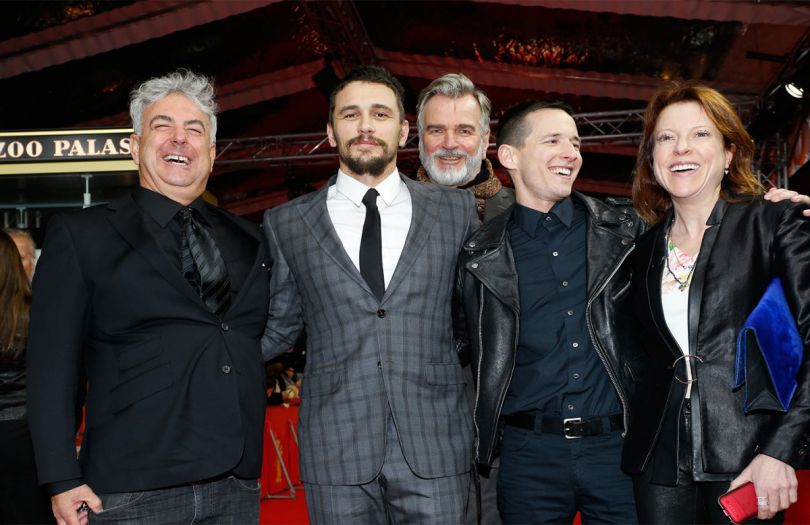

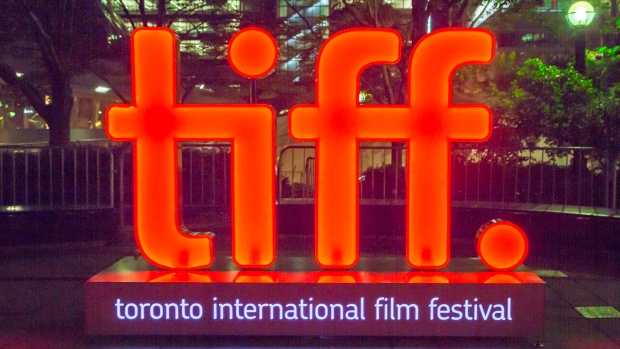
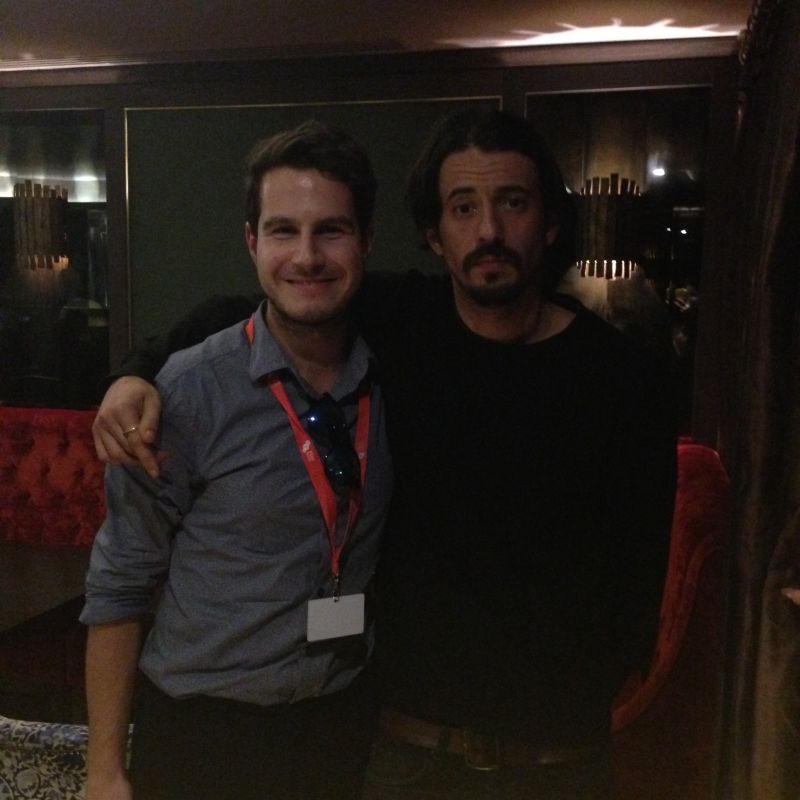
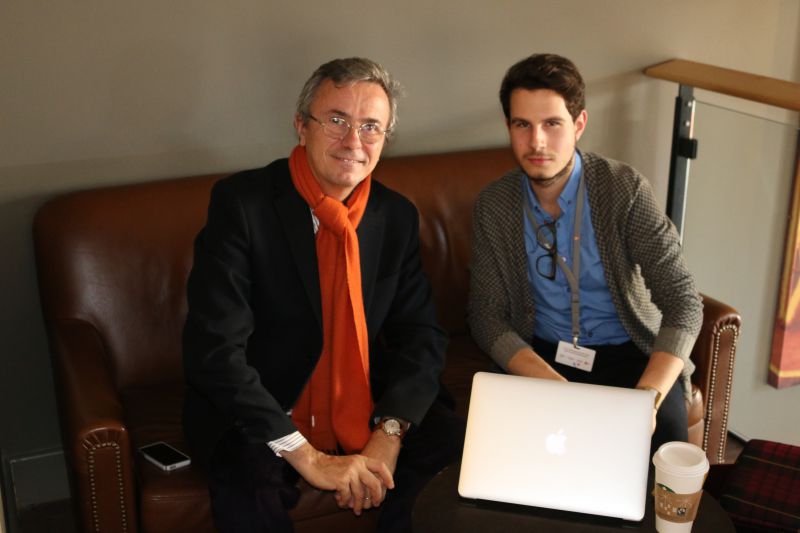
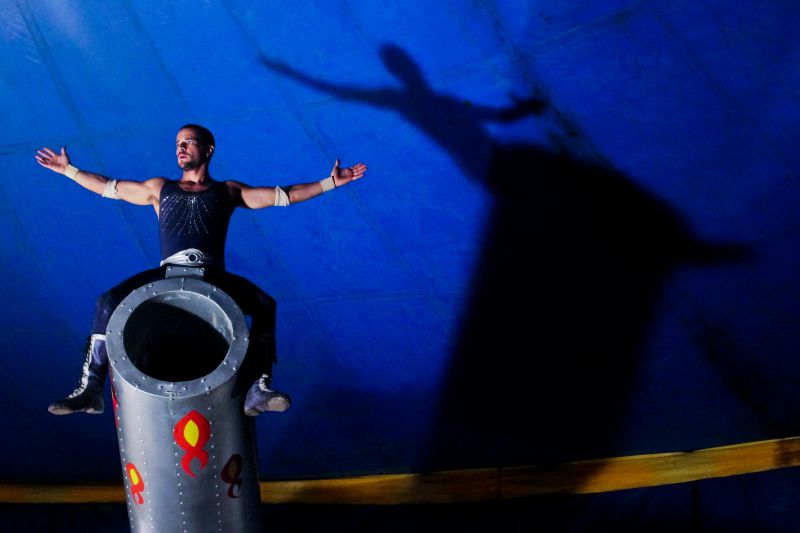
 Petrov Martin
Petrov Martin 


